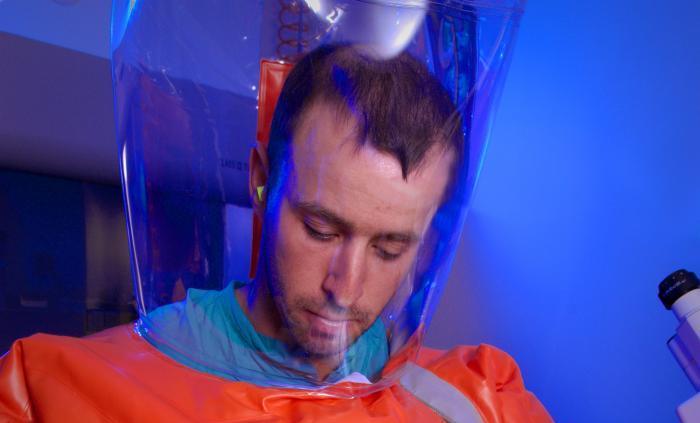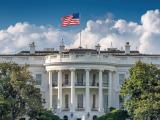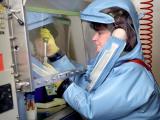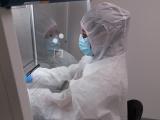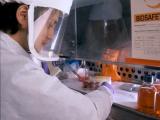A federal advisory group today wrapped up its 2-day discussion of issues aimed at clarifying how the government assesses and funds gain-of-function (GOF) studies on H5N1 avian flu viruses and other disease threats, which came with requests to make policies as clear as possible and to reflect a more global perspective.
The meeting is part of the process put in place by the Obama administration in October 2014 to reevaluate federal GOF funding policies in light of controversial work on H5N1 viruses. The White House had asked the National Science Advisory Board for Biosecurity (NSABB) to put together recommendations.
The centerpiece of today's panel discussion was the NSABB working group's draft report and recommendations. Yesterday the main topics were a risk-benefit assessment and an ethics white paper commissioned to help the NSABB with finalizing its report.
GOF research involves studies that enhance the pathogenicity, transmissibility, or host range of a pathogen to better understand it.
Experts air concerns, note gaps
Marc Lipsitch, PhD, director of the Center for Communicable Disease Dynamics at the Harvard School of Public Health and part of a group that has urged for a more careful assessment of GOF studies and alternate ways of studying the virus, said the risk-benefit assessment the NSABB used for its draft report underestimates the absolute risk for the GOF studies of most concern.
He noted that even when underestimating the risk of deaths at labs—which the risk-benefit analysis put at 54 per lab-year, at a minimum—no institutional review board at a university or research lab would accept such a risk.
Like other commenters yesterday, Lipsitch said the feedback that went into the risk-benefit assessment skews toward GOF researchers, with this week's meeting similarly unbalanced.
Jill Taylor, PhD, director of the Wadsworth Center at the New York State Department of Health, urged the NSABB to ensure that its policy report includes a mechanism for ensuring that investigators and institutions have a culture of safety and responsibility and to consider if risk mitigation measures are required, a step that would typically involve public health departments.
Yoshihiro Kawaoka, DVM, PhD, a virologist with the University of Wisconsin, Madison, and lead author of one of the two controversial H5N1 papers published in 2012 that brought the GOF controversy to a head, said oversight mechanisms for GOF studies should be incorporated into existing federal frameworks.
He also raised concerns about making public the federal risk assessments for each study, because it would expose all of the experimental design details.
Several of the experts today urged the NSABB working group to build some flexibility into the recommendations to account for changing threats and to make the report very clear so that researchers can use it as a practical tool. NSABB member Susan Wolf, JD, law professor specializing in medicine and public policy at the University of Minnesota, said it would be difficult but also very useful to include an algorithm or flow chart.
Panel and NSABB members also said they hope the final draft includes global perspectives, because though the report is intended to guide US policy, it affects the international research community and will likely be used as a blueprint elsewhere.
Plans take shape for next National Academies of Science debate
At the end of today's meeting, plans took shape for the second of two National Academies symposia on GOF issues. The first was held in December 2014, not long after the White House announced the research pause and its charge to the NSABB.
Jo Husbands, PhD, scholar and senior project director with the NAS, said the meeting will be held Mar 10 and 11 at the main National Academies building in Washington, DC, and is intended to provide yet another opportunity for open discussion. She said the first was mainly designed to help inform risk-benefit assessment process.
"This is broader. This is the academy performing its convening function," she said, urging the NSABB members to suggest topics for the agenda.
See also:
NSABB meeting Web page
Dec 23, 2015, NSABB working group draft report
Cambridge Working Group comments
Jan 7 CIDRAP News story "NSABB launches new phase of GOF research debate"
